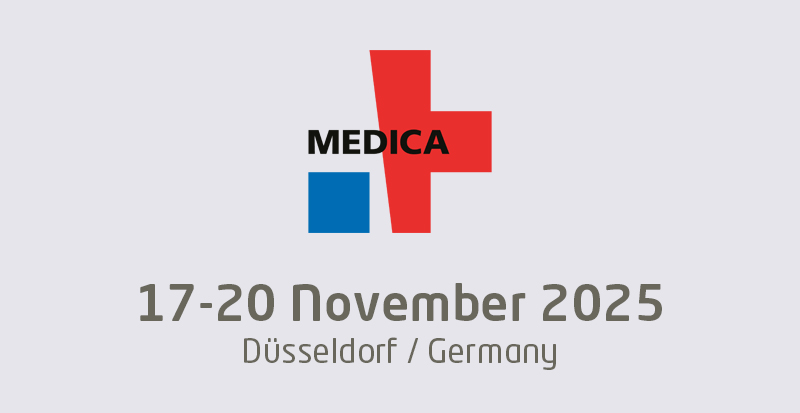The Duke Summit on AI for Health Innovation (Oct 9-11) explored these cutting-edge research themes and more.
According to Assistant Professor Pranam Chatterjee of Biomedical Engineering, large language models like ChatGPT hold greatest promise in deciphering biological language, rather than natural language.
Similar to ChatGPT’s ability to predict word order, the language models developed in Dr. Chatterjee’s lab can generate sequences of molecules that comprise proteins.
The team, led by Dr. Chatterjee, has leveraged language models to create innovative protein designs aimed at combating Huntington’s disease, cancer, and infertility through stem cell-derived human eggs.
“According to Dr. Chatterjee, ‘Our focus is on designing specific proteins with transformative capabilities, such as DNA editing, disease-protein modification, and cellular regeneration.'”
Dr. Monica Agrawal suggests that algorithms harnessing large language models’ capabilities can tackle the complex task of analyzing and interpreting the extensive data in patient medical records
Doctors need a complete picture of a patient’s health journey to choose the right medication, including how their disease has evolved, previous treatments, and any side effects
According to Dr. Agrawal, who recently joined the departments of Computer Science and Biostatistics and Bioinformatics, the electronic health record often lacks standardized documentation of crucial variables.
The use of shorthand notation in medical records expedites patient consultations but may lead to misunderstandings and inefficiencies in care coordination, while record review and interpretation incur significant time and costs.
























